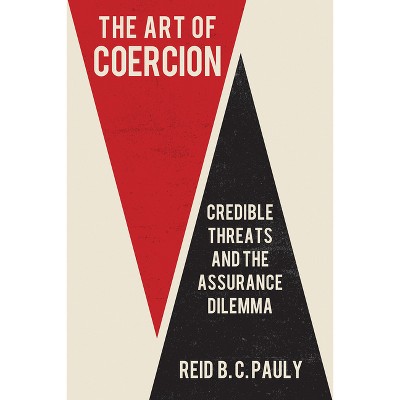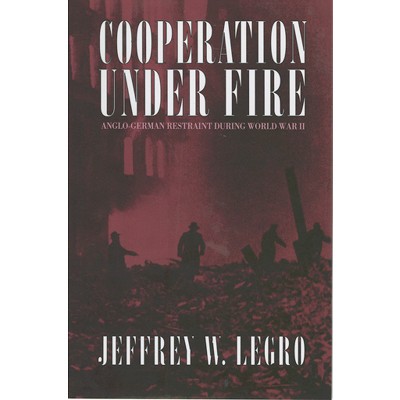Sponsored

Autocracy 2.0 - (Cornell Studies in Security Affairs) by Jennifer Lind (Hardcover)
In Stock
Sponsored
About this item
Highlights
- In Autocracy 2.0, Jennifer Lind reveals how China's leaders defied expectations and propelled the country to innovation-superpower status--and what that means for the balance of power and global struggle between democracy and authoritarianism.
- About the Author: Jennifer Lind researches the international relations of East Asia and US foreign policy toward the region.
- 244 Pages
- Political Science, World
- Series Name: Cornell Studies in Security Affairs
Description
About the Book
"Skeptics argued that rising China could not rival the United States because authoritarian institutions inhibit technological innovation. But in the mid-2020s China is one of the world's most innovative countries. China (and several other autocracies) succeed by tempering repression and pursuing prudent economic policies: by being, as Aristotle advised, "half-vicious.""-- Provided by publisher.Book Synopsis
In Autocracy 2.0, Jennifer Lind reveals how China's leaders defied expectations and propelled the country to innovation-superpower status--and what that means for the balance of power and global struggle between democracy and authoritarianism.
In 2008, the world watched in awe as 2,008 men pounded Fou drums in unison at the Beijing Olympics opening ceremony--a spectacle that heralded China's arrival as a global powerhouse. Yet even as China's economy skyrocketed, skeptics scoffed at its ability to lead in tech, arguing that its authoritarian institutions smother true innovation. Lind dismantles this assumption, showing that China has not just kept pace; it has, in fact, surged ahead.
Coupling hard data with razor-sharp analysis, Lind shows that China's ascent was fueled by what she calls "smart authoritarianism" a model of governance in which autocratic leaders temper tight political control with inclusive economic measures. By balancing proinnovation policies with tools of repression, China's leaders have obtained political control and economic growth. These smart authoritarians, Lind observes, are not the brass-knuckled dictators of the past--they are their polished Savile Row-clad progeny, and they are found not only in China but also in authoritarian regimes worldwide.
Compelling and incisive, Autocracy 2.0 is a must-read for anyone seeking to understand China's meteoric rise and how today's autocrats are reshaping the technological frontier, governance, and the global balance of power.
Review Quotes
In Autocracy 2.0: How China's Rise Reinvented Tyranny, [Lind] argues that China's model of growth -- what she calls smart authoritarianism -- is gaining global appeal because it delivers the benefits of modernization while maintaining the ability to control its citizens. For Washington and its allies, that's a troubling combination.
-- "Bloomberg"About the Author
Jennifer Lind researches the international relations of East Asia and US foreign policy toward the region. She is Associate Professor of Government at Dartmouth College and a fellow at Chatham House, London, and at Harvard University's Reischauer Institute of Japanese Studies.
Shipping details
Return details
Frequently bought together
Trending Non-Fiction

















